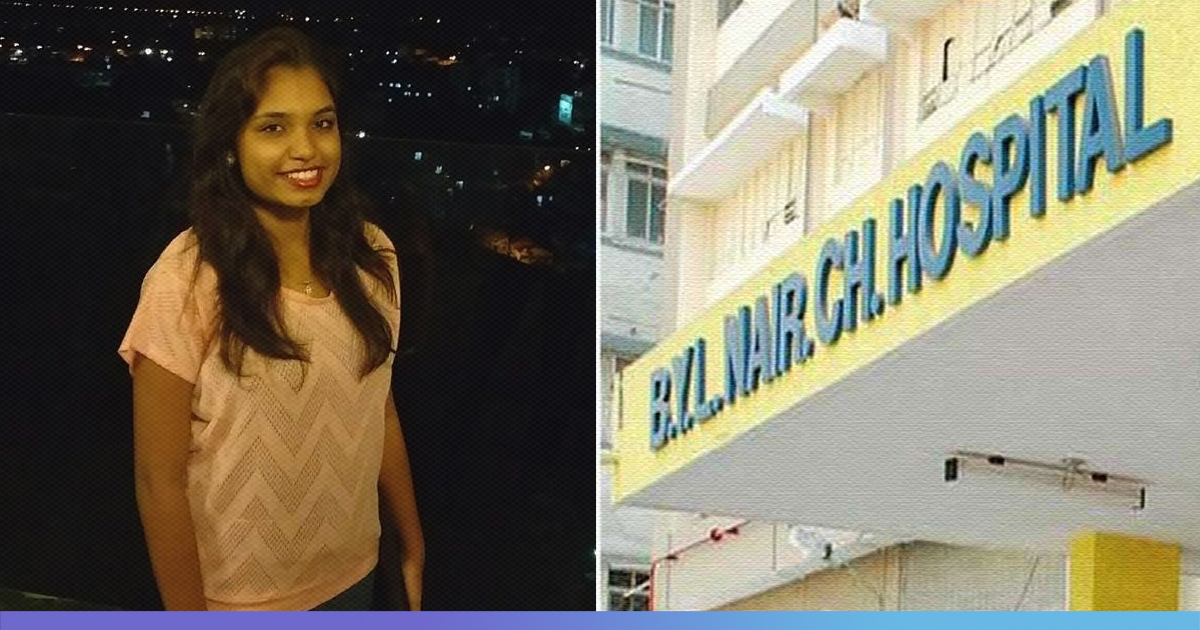Following the death of Mumbai Doctor, Nagpur based Dr Babasaheb Ambedkar National Students Federation on May 26 appealed to Maharashtra Chief Minister Devendra Fadnavis for implementation of the recommendations of Thorat Committee. The committee, under the chairmanship of Sukhadeo Thorat, was set up in 2007 by former Prime Minister Manmohan Singh to look into allegations of differential treatment against students getting admitted via reservation process in AIIMS Delhi. The committee constituted by the then Prime Minister Manmohan Singh was the first ever committee to study caste discrimination in higher education.
The Thorat committee was constituted after several instances of caste-based discrimination at AIIMS, New Delhi, surfaced. The committee recommended that the governing body of the university should set up a joint committee comprising students, residents and faculties, in which SC/ST students should be nominated as representatives of committees dealing with matters related to students.
Talking about Thorat committee recommendations, Federation president Dr Siddhant Bharne told The Indian Express, “Unfortunately, no medical college in Maharashtra followed the recommendations.”
What did the Thorat Committee say?
The Committee report disclosed that about 72 percent of the SC/ST students mentioned some kind of discrimination during teaching sessions. About 69 per cent of the SC/ST students reported that they do not receive adequate support from teachers about half of them give inaccessibility and indifference as reasons for less contact with teachers. About one third give caste background as a reason for avoidance by the teachers.
Figures were even more disturbing during the conduct of practicals and viva. About 84 per cent of SC/ST students mentioned that evaluation in practical and viva was unfair and 85 per cent of them mentioned that they didn’t receive enough time during practicals and vivas, as compared to higher caste students.
Further, About 76 per cent of the respondents reported that the examiner had asked the caste background; about 84 per cent mentioned that their grades were affected because of their caste background.
However, caste-based discrimination was not only limited to teaching sessions but was prevalent in hostels as well. In the hostel, about 88 per cent of students reported about experiences of social isolation in various ways. And about 76 per cent of SC/ST students mentioned that they faced discrimination on joining private messes.
Besides, the committee report also outlined discrimination faced by SC/ST professors in the institution.
Why Institutions Need To Create Safer Place For People Like Payal
Payal Tadvi came from a Scheduled Tribe community of Tadvi Bhil Muslims. Listed under Scheduled Tribes, Tadvi Bhils are found in small pockets of Rajasthan, Gujarat, Madhya Pradesh and Maharashtra.
Very few from the community have access to education and of those who have, a very few of them manage to complete their studies. Shirish Chaudhary, a former MLA from Raver who runs the Satpura Vikas Mandal for education and agriculture, told The Indian Express that only about half of all Tadvi Bhil children manage to study up to Class 10.
Literacy rates among the Bhils are very low and experts claim that often they are the last ones to get the benefits of government schemes and reservation quotas.
Payal was the first woman from her community to study Doctor of Medicine (MD) as well as the first woman to become a gynaecologist. While Payal was first to study MD, the last women to get an MBBS degree from the community was about 30 years ago.
Also Read: Payal Tadvi Death: Lawyer Alleges Murder After Autopsy Shows Injury On Neck, Chat Reveals Bullying











